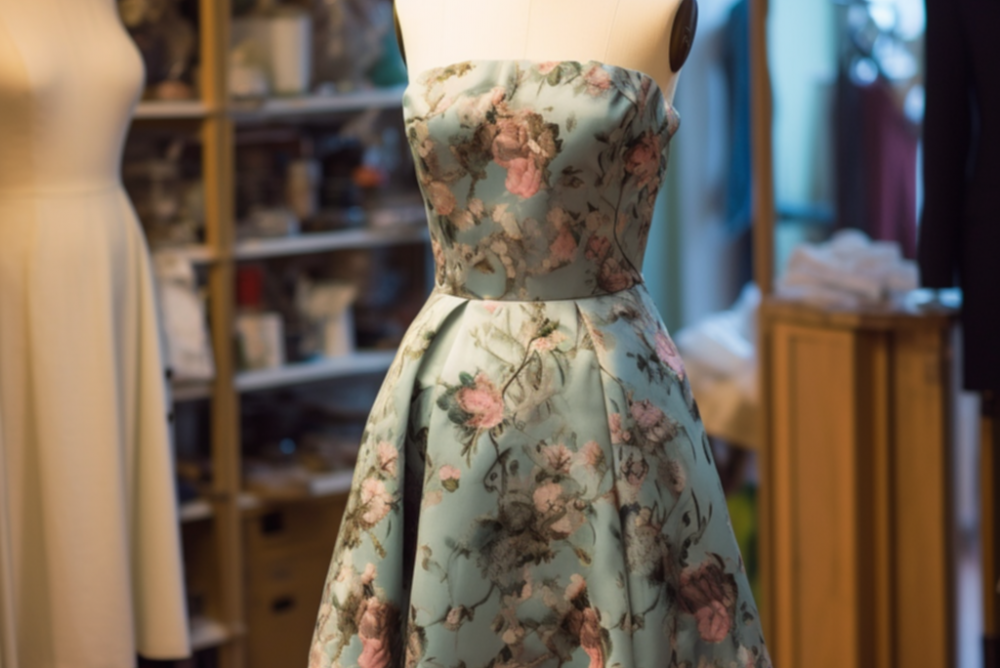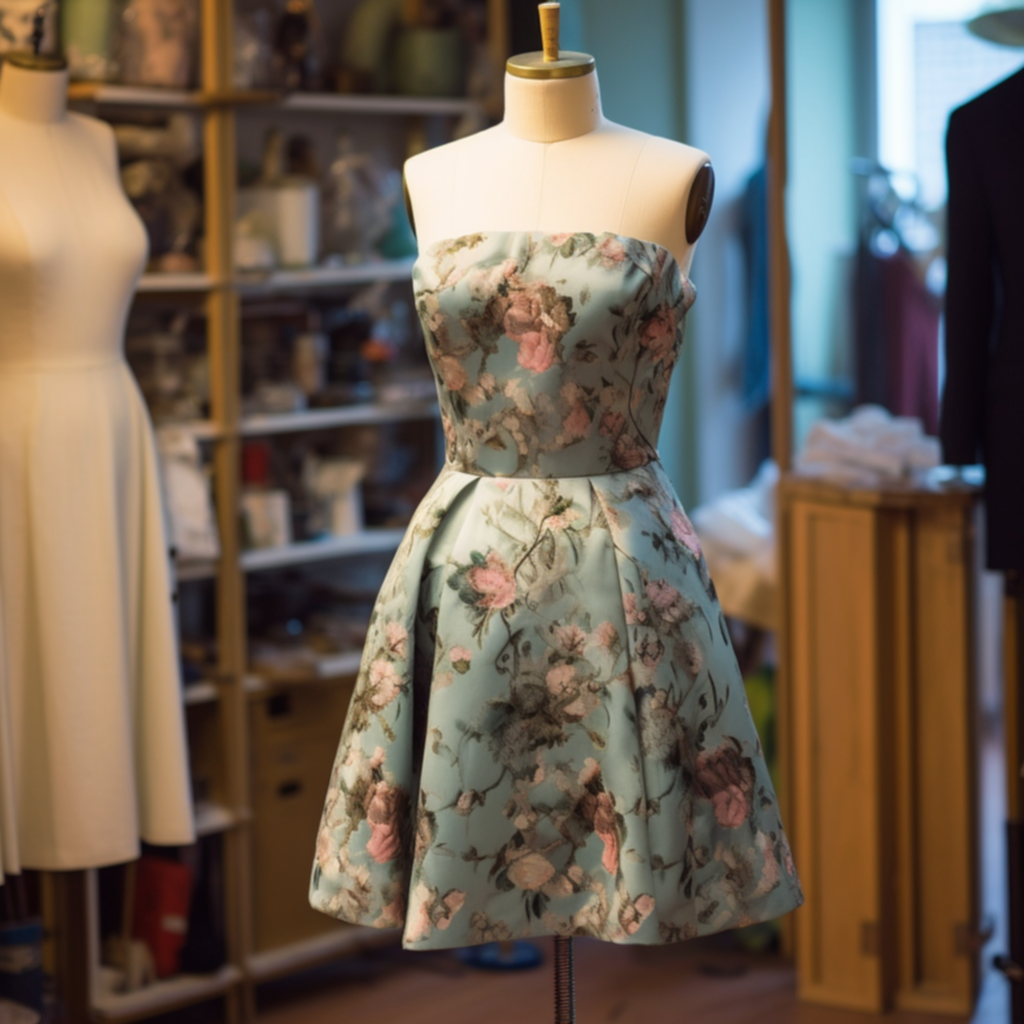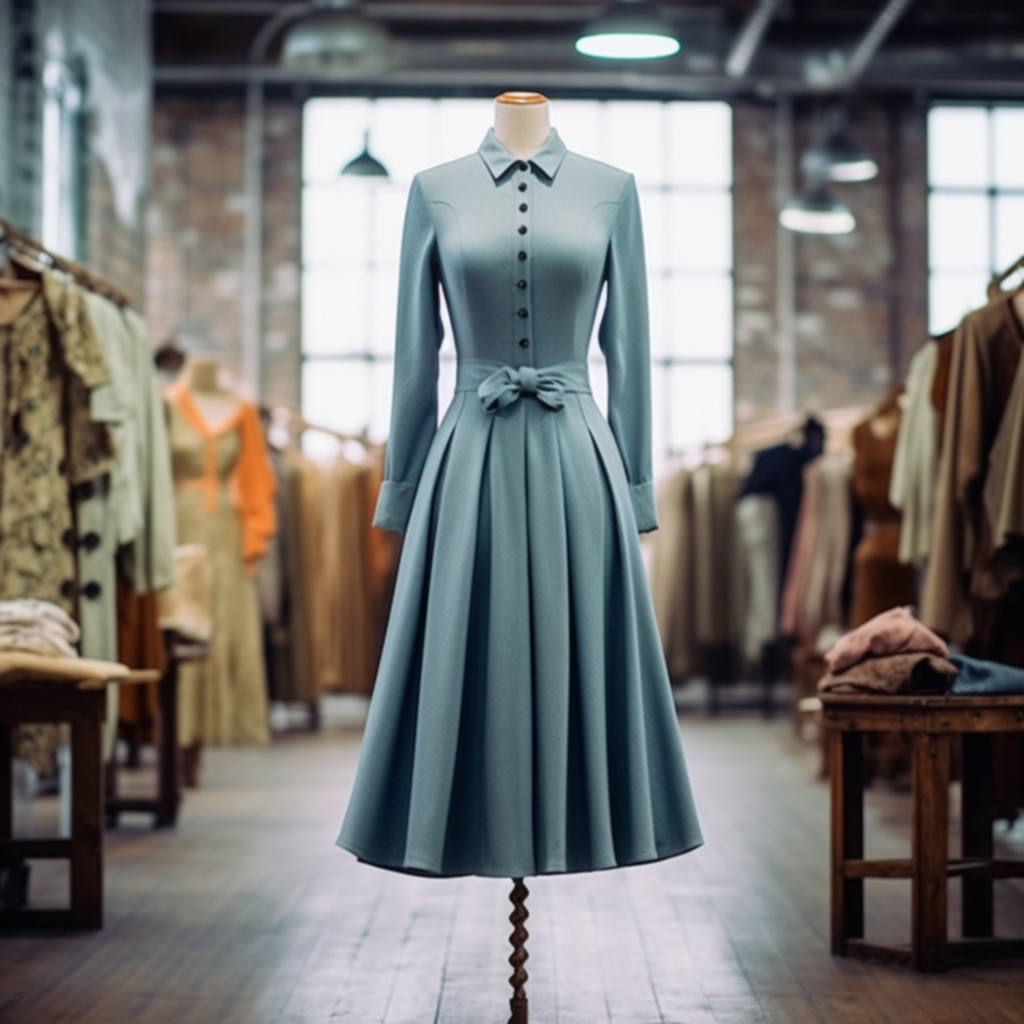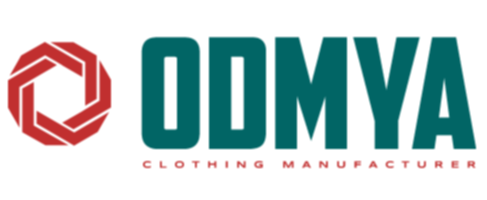Guide to Finding Women's Clothing Manufacturers in China for Startups


In the world of fashion, the right choice of clothing manufacturer can be a deciding factor between success and failure. Especially for startups, a reliable manufacturer becomes an indispensable partner, one that can significantly influence the quality of the products, delivery times, and even the reputation of the brand. As the global manufacturing hub, China is a treasure trove for businesses seeking to source women's clothing. Boasting competitive pricing, advanced technology, and vast production capabilities, China has been the preferred choice for many fashion brands worldwide.
However, navigating the intricate landscape of Chinese manufacturing can be a daunting task, particularly for startup businesses. With thousands of manufacturers to choose from, each offering a distinct blend of quality, price, and specializations, it's like finding a needle in a haystack. It's crucial to ensure you select a manufacturing partner that aligns with your business values, production requirements, and quality standards.
This comprehensive guide aims to streamline this process for startups. We'll explore the steps to identify suitable women's clothing manufacturers in China, provide practical tips on making contact and evaluating potential partners, and share insights into the importance of building relationships and ensuring legal compliance in this journey.
Through this roadmap, startups will be equipped with the knowledge and confidence to forge productive partnerships with Chinese manufacturers, setting a solid foundation for growth and success in the competitive fashion industry.
Understanding the Chinese Manufacturing Landscape
China, aptly known as the "world's factory," is a key player in the global manufacturing scene. Its vast manufacturing sector spans multiple industries, including the women's clothing industry. If we dive deeper into this intricate landscape, we can identify key manufacturing hubs for women's clothing, such as Guangzhou, Shenzhen, and Shanghai. Each city specializes in specific types of women's clothing, offering a diverse range of options for fashion startups.
Guangzhou, for instance, is renowned for casual and fashion wear. Its expansive textile markets and numerous factories make it an attractive location for businesses focusing on everyday wear or trendy pieces.
Shenzhen is home to high-end fashion manufacturing, attracting brands seeking superior quality and intricate design details. Many manufacturers here have experience working with international luxury brands, providing the assurance of high-quality production standards.
In Shanghai, you'll find a vibrant scene of designer clothing manufacturers. The city is a hub for innovation and creativity in the fashion world, making it a preferred choice for startups looking to create unique, cutting-edge designs.
Table 1. Major Women's Clothing Manufacturing Hubs in China
| City | Specialty |
|---|---|
| Guangzhou | Casual and fashion wear |
| Shenzhen | High-end fashion |
| Shanghai | Designer clothing |
Understanding the Chinese manufacturing landscape allows startups to streamline their search for manufacturers by focusing on the cities that specialize in their product types. This knowledge can save significant time and resources while ensuring a suitable match between the manufacturer's expertise and the startup's product range.
Identifying Suitable Manufacturers
Now that we have a grasp on the geographical layout of the Chinese manufacturing sector, the next critical step is identifying suitable women's clothing manufacturers. While this might seem like an overwhelming task given the sheer number of manufacturers in China, there are certain criteria that you can use as a compass to steer your search in the right direction.
The first aspect to consider is the manufacturer's experience in the industry. An experienced manufacturer not only indicates stability but also the likelihood of them having tackled various challenges and nuances related to the production process. This experience often translates to an enhanced ability to deliver consistent quality and navigate unforeseen issues.
Production capacity is another significant factor. Startups need to ensure that their chosen manufacturer can accommodate their volume requirements, both present and future. A manufacturer's capacity to scale can profoundly impact a startup's ability to meet market demand and its growth trajectory.
Additionally, startups should look at the manufacturer's technical capabilities. Can they produce your designs with the level of intricacy or uniqueness you require? Do they have the right equipment and technology? These questions are crucial in the selection process.
Lastly, quality standards play a key role. Ensuring the manufacturer adheres to international quality standards can provide confidence in the products' consistency and acceptability in your target market.
Table 2. Criteria for Identifying Suitable Manufacturers
| Criteria | Description |
|---|---|
| Experience | A manufacturer with a long history in the industry often indicates reliability and the ability to produce consistent quality. |
| Production Capacity | The manufacturer must have the capacity to meet your current and potential future production needs. |
| Technical Capabilities | The manufacturer should have the necessary equipment and technical skills to produce your unique designs. |
| Quality Standards | The manufacturer should comply with international quality standards to ensure the products' consistency and market acceptability. |
By carefully considering these criteria, startups can significantly narrow down their list of potential manufacturers, making the process more efficient and manageable. It's important to remember that the "right" manufacturer will differ for each startup based on their unique needs and circumstances. Therefore, a careful evaluation based on these criteria is key to finding the most suitable manufacturing partner.

Researching Chinese Manufacturers
Once you've defined your criteria, the next stage involves conducting in-depth research to find manufacturers that fit your needs. The digital age offers a multitude of platforms to aid in this quest.
Online platforms like Alibaba and Global Sources are useful tools. These platforms serve as a marketplace connecting manufacturers with businesses globally. They offer a host of features that facilitate the search for a suitable manufacturer. Users can filter searches based on product categories, manufacturer's location, minimum order quantity, and more. Additionally, these platforms provide valuable information about the manufacturer's trading history, product range, factory audits, and customer reviews.
Apart from online platforms, trade shows and expos can be an invaluable source of information and contacts. These events bring together numerous manufacturers, offering an excellent opportunity to meet potential partners face-to-face, ask questions, and examine product samples. Major events like the Canton Fair or the East China Fair attract manufacturers from all over China and can be well worth the investment of time and resources.
Leveraging industry contacts can also prove beneficial. If you have connections in the fashion industry, they can provide recommendations based on their experiences. Similarly, business associations, chambers of commerce, and industry groups can offer valuable insights and referrals.
Remember, researching manufacturers isn't just about finding potential candidates. It's also a process of elimination. Checking blacklists and industry warnings can help avoid manufacturers with questionable records, saving startups from potential pitfalls.
Making Contact with Manufacturers
Once you've identified potential manufacturers, the next step is to initiate contact. Crafting an effective introductory email is critical. The communication should be professional, clear, and comprehensive, outlining your requirements, expectations, and any questions you may have. It's essential to be clear about your brand, the type of clothing you want to produce, your target market, and your production volumes.
In terms of language, while English is widely spoken in Chinese business circles, not everyone may be proficient. Using simple, concise language can help ensure your message is understood. In some cases, it might be beneficial to have your communication translated into Chinese, particularly if dealing with smaller or regional manufacturers.
Patience is crucial in this stage. Allow ample time for manufacturers to respond, keeping in mind that they likely serve numerous clients across different time zones. Once you start receiving responses, you can begin to assess their communication style, promptness, and willingness to meet your needs. These early interactions can often offer insightful glimpses into what a future partnership could look like.
Evaluating Potential Manufacturers
With a shortlist of potential manufacturers and initial contact established, the next stage involves evaluating these options to narrow down your choices. This step is crucial and involves a deeper level of engagement with the manufacturers.
One of the most important steps during this phase is asking the right questions. Inquire about their production process, lead times, pricing, minimum order quantities, and quality control measures. Do they have experience with similar brands? Can they handle the intricacies of your designs? What are their payment terms? The answers to these questions will provide a clearer picture of whether the manufacturer is a good fit for your startup.
Understanding a manufacturer’s production process is important. Manufacturers should be able to provide detailed information about their process, including sourcing of materials, production timeline, quality control, and shipping. This information will help you assess whether they can meet your production needs and timelines.
Assessing the quality of their products is also key. Request product samples to evaluate the quality of their craftsmanship, the materials used, and whether they align with your quality standards.
Table 3. Evaluation Checklist for Potential Manufacturers
| Evaluation Criteria | Description |
|---|---|
| Questions and Answers | Ask critical questions about their production process, experience, pricing, minimum order quantities, and quality control measures. |
| Production Process | Understand their production process, including sourcing of materials, production timeline, quality control, and shipping. |
| Product Quality | Request product samples to assess the quality of their craftsmanship and materials. |

Building Relationships with Chinese Manufacturers
Once you've selected a manufacturer that fits your needs, the next step is to build a relationship with them. In Chinese business culture, the concept of 'guanxi', or relationships, plays a significant role. This mutual exchange of goodwill helps establish trust and respect, which can be advantageous in business dealings.
Regular communication is essential in building and maintaining this relationship. Regular updates, feedback, and open discussion on any issues that arise help foster a stronger relationship. It's also beneficial to understand their cultural nuances to prevent misunderstandings and ensure a harmonious relationship.
Negotiations are also part of this relationship-building process. Discuss pricing, payment terms, timelines, and other contract details. Remember, negotiation in China often involves a lot of back-and-forths, so patience is key.
Building a solid relationship with your chosen manufacturer can pave the way for a smoother, more efficient working relationship, benefiting your business in the long run.
Ensuring Legal Compliance and Quality Control
Navigating the legal landscape of manufacturing in China is a crucial component of the sourcing process. Before committing to a manufacturer, it's important to understand and ensure compliance with local laws and regulations related to labor, environment, and safety. This not only helps protect your business but also aligns it with ethical and responsible business practices.
Quality control is another critical factor. Before the start of the production process, clear expectations regarding quality standards should be set. Additionally, startups should consider having systems in place for regular quality checks during the manufacturing process. This could include hiring third-party inspection services to verify that the finished products meet your standards. Regular quality checks can help catch issues early and prevent substandard products from reaching the market.
Table 4. Ensuring Legal Compliance and Quality Control
| Criteria | Description |
|---|---|
| Legal Compliance | Ensure the manufacturer complies with local laws and regulations related to labor, environment, and safety. |
| Quality Control | Set clear quality standards and have systems in place for regular quality checks during the manufacturing process. |

Concluding Thoughts
Navigating the path to finding the right women's clothing manufacturer in China can be complex and challenging, particularly for startups. However, with careful planning, thorough research, diligent evaluation, and a commitment to building strong relationships, it's entirely feasible to secure a partnership that could significantly bolster your business's success. The process demands time, effort, and patience, but the reward is a reliable, quality-driven manufacturing partner ready to support your startup's growth and expansion.
Whether you're just stepping into the exciting world of fashion startups or looking to scale your operations, this guide aims to make your journey towards finding your ideal women's clothing manufacturer in China a little smoother and more navigable. Remember, each step you take towards this goal is a step towards shaping the success story of your brand.
FAQs
1. Why should a startup choose China for manufacturing women's clothing?
China is known as the "world's factory," offering competitive pricing, advanced technology, and vast production capabilities, making it a go-to choice for many fashion brands.
2. What are the key women's clothing manufacturing hubs in China?
Key manufacturing hubs for women's clothing in China include Guangzhou for casual wear, Shenzhen for high-end fashion, and Shanghai for designer clothing.
3. How can startups identify suitable manufacturers in China?
Startups can identify suitable manufacturers by considering factors such as the manufacturer's industry experience, production capacity, technical capabilities, and adherence to quality standards.
4. What are some useful tools for researching manufacturers in China?
Online platforms like Alibaba and Global Sources, trade shows, industry contacts, and business associations can be useful tools for researching manufacturers.
5. How can startups build strong relationships with Chinese manufacturers?
Regular communication, understanding cultural nuances, and successful negotiation are key to building strong relationships with Chinese manufacturers.





-500x500.jpg)
-500x500.jpg)
-500x500.jpg)
-500x500.jpg)
-500x500.jpg)